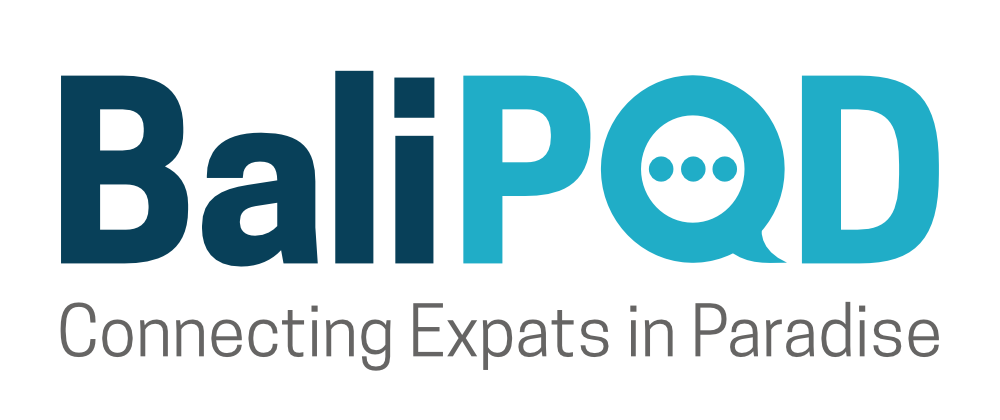The Indonesian minimum wage increase in 2025 will see a 6.5% rise, a move designed to improve workers’ welfare nationwide.
While this adjustment is expected to boost purchasing power, the government assures it will not disrupt the investment climate.
According to the Minister of Investment and Head of the Investment Coordinating Board (BKPM), Rosan Perkasa Roeslani, “I believe this will not be an obstacle, because what we need to drive and improve is labor productivity,”
This statement as reported by Portal Indonesia reflects the government’s strategy to focus on productivity as a key factor in sustaining investment growth.
However, the key question remains: Will this increase pose a risk to foreign and domestic investments?
Breaking Down the 6.5% Wage Increase
In late 2024, President Prabowo Subianto announced a 6.5% increase in the national minimum wage for 2025. This decision followed a limited meeting with relevant stakeholders on Friday (29/11).
The wage Increase is based on factors such as inflation, economic growth, and regional disparities, aiming to address rising living costs and meet labor unions’ demands for better compensation.
Interestingly, the 6.5% increase is slightly higher than the 6% proposal initially recommended by the Minister of Manpower, Yassierli.
While this increase will benefit workers, businesses in labor-intensive sectors like manufacturing and retail may face higher operational costs. Nevertheless, the government remains confident that improving productivity can offset these challenges.
Minister of Investment Rosan Perkasa Roeslani emphasized, “We need to focus on productivity. For example, paying lower wages might require two workers, but with high productivity, one worker with a higher wage would suffice. So, the key is to increase productivity in line with the wage increase.”
Ultimately, the government believes that a better-paid workforce will drive domestic consumption, benefiting businesses in the long run.
Government’s Stance: Investment Unaffected
Despite concerns from businesses, the Indonesian government remains confident that the 6.5% minimum wage increase will not harm investment.
Minister Rosan Perkasa Roeslani reassured investors that the wage hike would be manageable, as the government continues to prioritize policies that improve the ease of doing business and attract foreign investment.
He emphasized that increased productivity would offset the higher wage costs, enabling companies to stay competitive.
“I often discuss with entrepreneurs and investors, both domestic and international. What they focus on is labor productivity, not just the low minimum wage costs,” he explained as reported by Liputan6
Rosan also noted that businesses could remain efficient even with higher wages if productivity improves proportionally.
Moreover, the government is investing in infrastructure, digitalization, and education to foster a more favorable business environment.
As a result, officials believe that the wage increase will not deter investment but will contribute to building a stronger and more sustainable economy.
Could the 6.5% minimum Wage Increase Discourage Investment?
The 6.5% minimum wage increase in 2025 raises important questions for foreign investors.
While the government insists that the wage hike will not negatively affect investment, some investors see potential risks.
The government argues that higher wages will boost domestic consumer spending, which will, in turn, benefit businesses and the economy.
However, investors in sectors reliant on low-wage labor, such as manufacturing, may face higher operational costs, potentially impacting profitability.
Even though the government continues to invest in infrastructure, improve the ease of doing business, and offer tax incentives, these measures may not fully offset the increased labor costs in the short term.
Some investors may hesitate, particularly those seeking cost-efficiency in labor-intensive industries.
While the long-term outlook remains positive, with a focus on productivity, businesses must adapt to the new wage structure to stay competitive.
In the end, the wage increase offers both opportunities and risks that investors must carefully evaluate.
Navigating the Wage Increase and Its Impact on Investment
In conclusion, the 6.5% minimum wage increase in Indonesia for 2025 brings both opportunities and risks.
The government remains confident that the rise won’t harm foreign investment, but businesses in labor-intensive sectors must assess potential cost increases.
While the wage hike may drive domestic consumption and productivity, short-term challenges remain.
Ultimately, investors must consider these factors, along with the government’s efforts to improve the business environment, as they navigate the evolving investment landscape.
Source: Portal Indonesia, Liputan 6
Image: Getty Images
The post Indonesia’s 6.5% Minimum Wage Increase: An Investment Risk? appeared first on Invest Indonesia.




